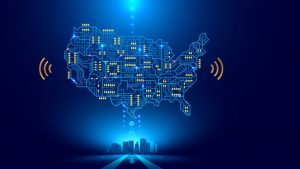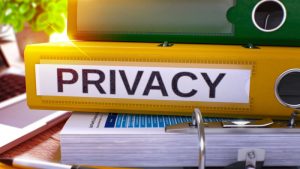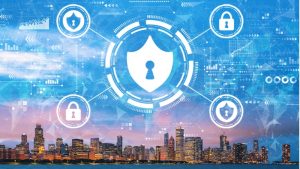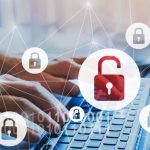The accelerated move toward digital transformation spurred by the COVID-19 pandemic has proven to be challenging to many as they have further embraced hybrid IT structures, according to a recent report from SolarWinds.
There’s no “right” answer to that question. But there is plenty of vital broadband data results in store for the state through its June 21 call for Florida residents to test the speeds of their broadband services, and at the same time contribute broadband service mapping data that the state can use to help identify opportunities for service expansion.
New York Gov. Kathy Hochul announced that the New York State Public Service Commission has released a new first-of-its-kind interactive map aimed at helping to understand where broadband infrastructure is and where it must be worked on.
CYBER.ORG, an organization funded by the Cybersecurity and Infrastructure Security Agency (CISA), has declared June as National Cybersecurity Education Month to raise awareness of K-12 cybersecurity education.
President Biden, on June 21, signed into law legislation that ensures Federal cybersecurity experts assist state and local governments (SLG) to protect their networks against the growing number of cyberattacks across the United States.
GDIT has won a $121.8 million contract from the Department of Education (DoE) to modernize the agency’s Federal Student Aid (FSA) processing system, allowing students to more efficiently receive Federal aid for higher education.
The New York State Office of Information Technology Services (ITS) has tapped Chris Desain to serve as New York’s new chief information security officer (CISO).
Protecting the residents, businesses, and local government entities they serve remains the top priority for local technology leaders, according to a new survey report on city and county technology and workforce trends.
As more states are emphasizing the role of privacy, the state chief privacy officer (CPO) role has grown immensely in the last decade, according to a new report from the National Association of State Chief Information Officers (NASCIO).
As cyberattacks become more frequent and costly to remediate, the COVID-19 pandemic has spread state and local governments’ (SLG) cyber defenses thin and just 18 states have a specified cybersecurity budget, according to a report by cybersecurity awareness training platform KnowBe4.













